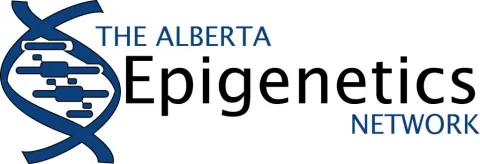PUBlic Professor Series | Dr. Olga Kovalchuk
Epigenetics of Health and Disease: From Personalized Science to Personalized Medicine
Dr. Olga Kovalchuk, Department of Biological Sciences
The DNA content of each cell in a given higher organism is identical: our liver and brain cells contain the same DNA, but they are very different in their shapes and functions. This is due to the existence of different patterns in reading and translation of genes for the type of cells in question, referred to as 'gene expression'. This is the domain of the emerging science of epigenetics (literally, 'beyond genetics'). Most amazing and contrary to popular opinion that DNA sequences determine everything, epigenetic changes can extend beyond cell division to reproduction. Although epigenetic changes are inheritable, they are reversible, and key play key roles in our responses to the environment, disease predisposition and even responses to treatments.
A lot still has to be learned about the role of epigenetic changes in living cells and organisms and their interactions with the environment. I will talk about the roles of epigenetic changes in health and disease, focusing on cancer. Just as no two people are similar, no two cancers are alike, and there is a lot of variation even within the same tumor. Therefore, ideal therapeutic regiments targeting every cancer cell in the body must be tailored individually for each patient. I will also discuss how epigenetic profiling can be used in personalized medicine. Read the full story here.

